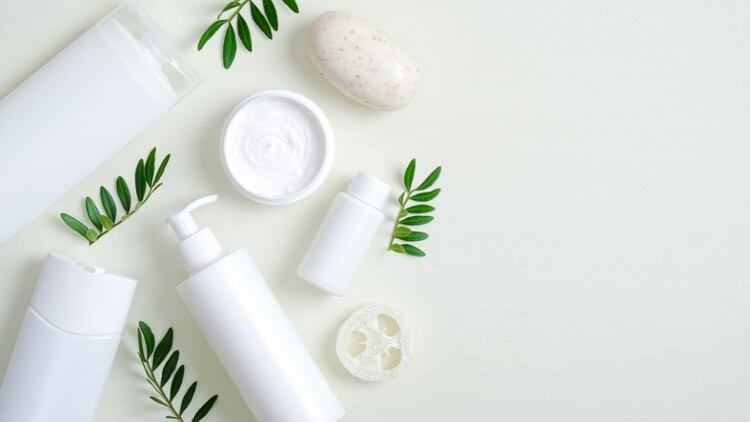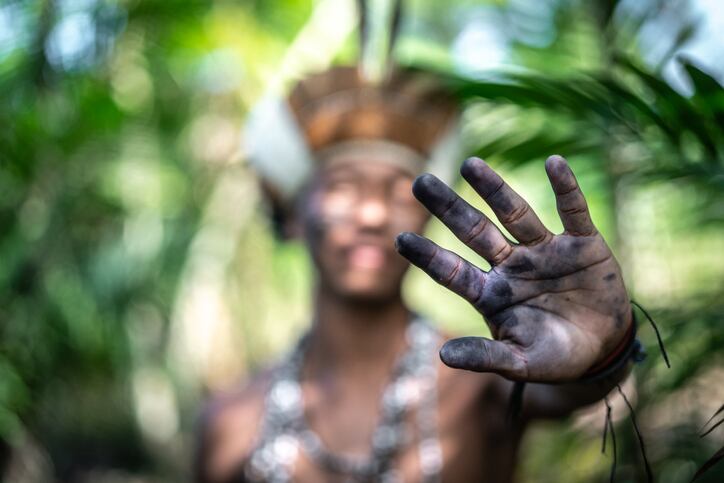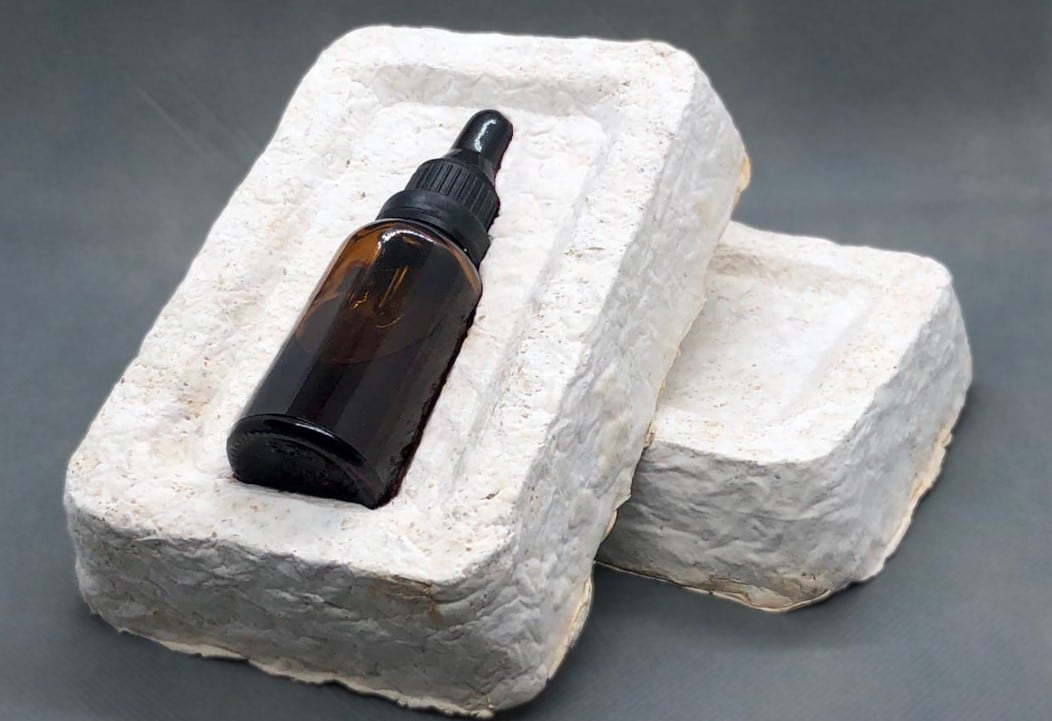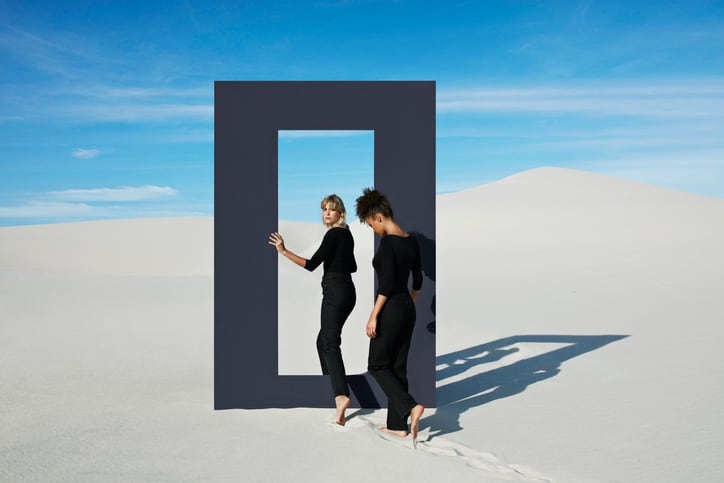1 – Green partnership: Taiwan’s O’right inks deal with B-ex to accelerate its expansion in Japan
Taiwanese green beauty company O’right has formed a capital and business alliance with Japanese hair care manufacturer B-ex to embark on a full-scale expansion in Japan.
The deal with the Japanese personal care manufacturer specialising in hair care comes just over a year after O’right made its debut in Japan.
B-ex was founded in 1975 and owns a range of hair care brands for both the mass market and professional sectors, including MM, Throw, Hahalift and Deep Layer.
Through this partnership, B-ex has acquired shares and become a major shareholder in the Taiwanese beauty firm.
2 – ‘Zero tolerance’: E-commerce firms urged to combat sale of mercury-laden whitening products and plastic pollution
E-commerce companies such as Shopee and Lazada are being urged to lead the fight against the sale of adulterated whitening products and the problem of plastic waste pollution.
According to the Philippine-based non-profit EcoWaste Coalition, there are more than 280 listings for skin-lightening cosmetic products on online shopping platforms including Lazada and Shopee.
“We have found over 280 product listings for skin lightening cosmetics, particularly facial creams, that have been banned by our health authorities for lacking market authorisation and/or for containing mercury, which is a forbidden ingredient in cosmetic product formulations,” said Thony Dizon, Chemical Safety Campaigner, EcoWaste Coalition.
Under the ASEAN Cosmetic Directive and the Minamata Convention, the presence of mercury is prohibited in cosmetics.
3 – Lip service: Personalised lipstick brand zeroing in on clean and sustainable beauty trend to drive growth
Pandemic-born bespoke beauty start-up Lips Carpenter aims to tap into the interest in clean and sustainable products to drive growth after relying on the personalised gifting market to sustain itself during COVID-19.
The Malaysia-based start-up that specialises in personalised lipsticks. It offers more than 30 shades of lipstick that can be paired with over 20 different cases that can in turn be personalised with an engraving.
In addition to the personalised beauty trend, the company is tapping into the interest in clean and sustainable products to drive growth with natural formulations and eco-friendly packaging.
“When we first started the brand, we wanted something people could relate to, so we focused on clean ingredients and the sustainability factor. Of course, there are a thousand similar products on the shelves out there and with a personalised product, everyone can have something they truly love. I think this all together gives us a very good position in the market,” said founder Law Yifon.
4 – Beauty giants to form consortium for ‘brand-agnostic’ and 'transparent' global environmental impact system
Henkel, L’Oréal, LVMH, Natura &Co and Unilever are forming a global beauty consortium to co-develop an industry-wide environmental impact assessment and scoring system for cosmetics.
The founding companies said they would pool their respective expertise and experiences to co-create the new voluntary environmental impact system for the global cosmetics industry, alongside the expertise of others that joined as well as that of sustainability consultancy Quantis – “to ensure a robust and scientific approach”.
The voluntary system would be built around four key principles: a common method for measuring environmental impacts throughout product life cycle; a common database of environmental impacts for standard ingredients and raw materials; a common tool to calculate environmental impact per product; and a harmonised scoring system that enabled easy comparison for consumers.
Importantly, the beauty majors said the methodology, data base, tool and scoring system would be “verified by independent parties” and external scientists, academics and NGOs would be consulted throughout the process to “ensure the ongoing integrity of the approach”.
5 – Vulnerable but irreplaceable: Indian sandalwood essential to creating nostalgic notes consumers want during pandemic
The unique composition of Indian sandalwood makes it the best ingredient to tap into the need to create nostalgia in perfumery and personal care during pandemic times, says one supplier.
In the past troubled year, people have been turning to nostalgia to find comfort and cope with the instability that the COVID-19 pandemic has wrought.
“We’re seeing this trend surrounding nostalgia and it's really come out of the COVID scenario. It’s playing across in a number of different segments from food to fragrances, harkening back to a time when life was simpler,” explains Vanessa Ligovich, chief marketing officer at Quintis Sandalwood, an Australian supplier of sandalwood products.
This is further driving the demand for the already prized sandalwood in segments that are linked to wellness and self-care, including ambient scenting, perfumery, and personal care.





